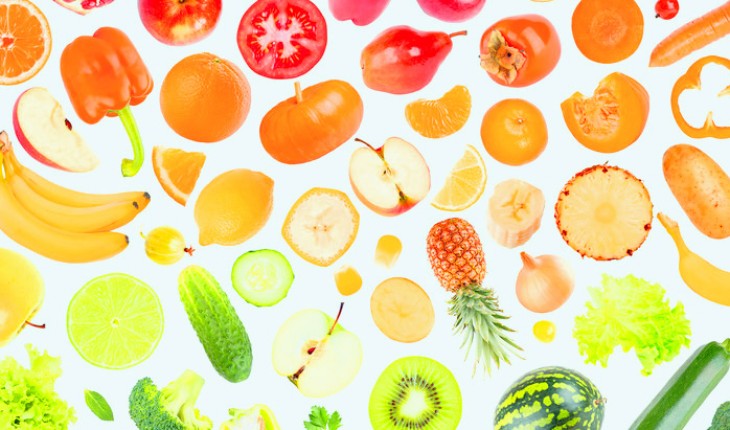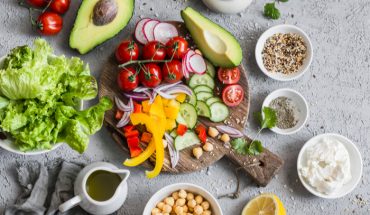Dizziness and exhaustion
‘This would be due to lack of energy as the diet is probably restricting calories in many cases to less than 1000 calories per day,’ explains registered dietitian Sioned Quirke
Constipation
According to Tom Oliver, founded of Tom Oliver Nutriton, lack of fibre in most juicing diets can lead to poor gut motility and constipation. ‘The process of juicing removes fibrous pith and other fibre which is actually vital in maintaining a healthy gut. If you are intent of drinking your fruit and vegetables in a glass, try blending instead of juicing, in order to maintain some of the fiber and keep you feeling full.’ But even blending destroys most fibre.
Higher cholesterol
‘Essential fatty acids, like Omega 3 and DHA are lacking in most juice cleanses,’ explains Tom Oliver. ‘They help elevate HDL (good) cholesterol levels and protect the heart. Omega 3’s are also vital for mood and behavior and low levels can lead to a number of cognitive symptoms like depression. After all, the human brain, and the retina behind the eye, is approximately 50% fat so it makes perfect sense to maintain a diet rich in Omega 3 fatty acids and in particular DHA.
Yo-yo weight loss
According to Quirke: ‘As with most ‘fad’ diets – the majority of weight loss will be water not fat weight loss. When we have restricted calories our liver will compensate by releasing glucose. This glucose reserve is held in water so when its released, the water is released with it causing weight loss which will be re-gained as soon as the liver has replenished its glucose stores.’
Food cravings
‘This is a very common situation after an extreme diet – people binge and usually gain more weight than they lost therefore being heavier than they were when they started. This is why we encourage a balanced, varied diet so that people aren’t deprived of what they enjoy,’ says dietitian Sioned Quirke
Anaemia
Minimal sources of iron, the main dietary iron sources are meat, nuts and fortified cereal which are not included in this diet
Fertility problems
‘The link to this and juicing diets is not clear but it is true that women who want to conceive a child need to have optimum health to have peak fertility which you may not have if your on a restrictive diet,’ says Sioned Quirke.
Headaches
These could be caused by lack of nutrients, including magnesium, which is found in shellfish, wheatgerm, beans and pulses along with other foods. Magnesium deficiency has been linked to migraines.
Bone loss
‘Calcium and vitamin B are essential for healthy bones and teeth. If these are absent in the diet – and most of our calcium comes from dairy products, the body will start extracting what it needs from the skeleton,’ says Sioned Quirke. This is particularly worrying for women approaching the menopause and afterwards when bone density starts to decline anyway. Teenagers who opt for juicing diets are also at risk because this is the time when bones are still growing and reaching their maximum potential.’
Liver damage
The liver is the organ which removes unwanted byproducts of metabolism from the body. It has to work particularly hard to rid the body of toxins like alcohol and ketones, which are the break down products when muscle mass is lost. Over the short term, it will cope with rapid weight loss but regular breakdown of muscle mass could put it under stress, even leading to liver disease in some cases. Chronic ack of vitamin B 12 can also lead to liver problems. This vitamin, which is found in chicken and other forms of poultry, can lead to an enlarged liver, as well as many other health problems.
Metabolism slowdown
‘Most juicing programmes contain very low levels of calories, and the human body has a built-in survival mechanism called the starvation response, when it slows down the metabolism to conserve energy,’ explained Sioned Quirke. ‘This can happen as quickly as one day after starting a very low calorie diet. The unfortunate effect is that the body’s metabolism may stay at a slower rate even after the low calorie diet is ended, causing more weight gain than before.
- New lipid-based pathway discovered as key to memory formation - 25th June 2025
- Crucial link could explain how Alzheimer’s takes hold - 25th June 2025
- Understanding Your Mind Can Improve Daily Life - 25th June 2025







